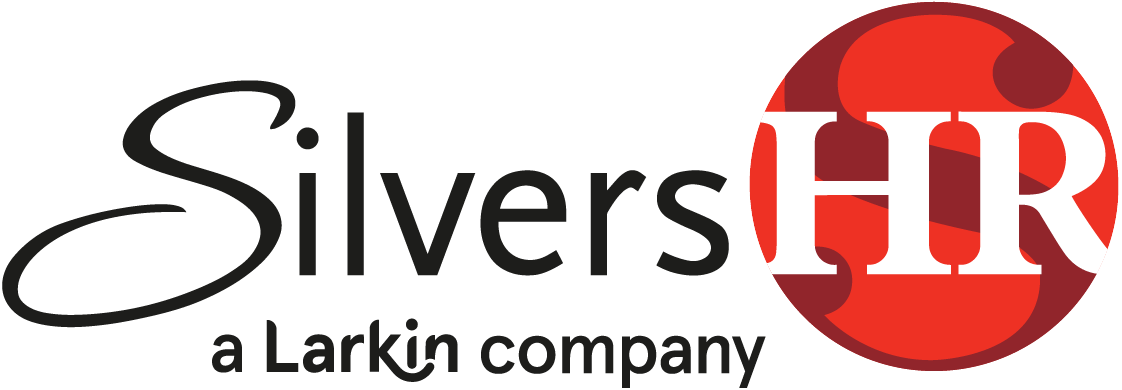By Kim Silvers, SPHR-CA
A California Court of Appeal ruled this month in Aleman v. AirTouch Cellular that employees attending a pre-scheduled meeting time that ends early are not required to be paid for a minimum of 2 hours reporting time pay as long as the meeting runs at least one-half of the pre-scheduled time.
Employee meetings at AirTouch were held once or twice per month prior to retail store openings. The meetings were posted on the schedule at least four days in advance. The meetings lasted one to one and a half hours. Some employees did not return to work after the meeting while others were scheduled to return later in the day for a second work schedule.
In the case where employees were only scheduled to attend the meeting for the day, they claimed that the employer owed then a minimum two hours for reporting time pay. The court ruled to the contrary, noting that Industrial Wage Order #4 only requires reporting time pay (minimum two hours pay) when an employee is furnished less than half the scheduled day’s work. Employees who attended the meeting for at least one-half the scheduled time were not owed the minimum two hours of reporting time pay. For example, an employee attending a prescheduled 1.5 hour meeting must only be paid for one-half the scheduled time (45 minutes) or the actual meeting time, whichever is longer.
Wage Order #4 requires in Section 5(A):
“Each day an employee is required to report for work and does report, but is not put to work or is furnished with less than half said employee’s usual or scheduled day’s work, the employee shall be paid half the usual or schedule day’s work, but in no event for less than two hours nor more than four hours, at the employee’s regular rate of pay, which shall not be less than the minimum wage.”
(The court did note that if the employees attended the meeting for less than one-half the scheduled time (say a 30 minute meeting although it was scheduled for 1.5 hours) then the employer would owe the employees the two hours of reporting time pay. (Go figure!)
Split Shifts
A split shift claim arose from employees who attended the same meeting and were scheduled to return to work later in the same day. The plaintiffs argued that they should be paid an additional split shift premium.
Wage Order #4 requires in Section 4(C):
“When an employee works a split shift, one (1) hour’s pay at the minimum wage shall be paid in addition to the minimum wage for that workday, except when the employee resides at the place of employment.”
The court reasoned that the AirTouch employees were paid more than the minimum wage for all hours worked plus one additional hour for the split shift, so no additional spit shift premium was owed. The Court of Appeal supported the following example:
“As an example, on November 26, 2005, Krofta [Daniel Krofta was one of 17 plaintiffs in the AirTouch case] worked a total of eight hours. Because he was making $10.58 per hour at the time, he was paid a total of $84.64 (8 x $10.58). The minimum wage at the time was $6.75, so a minimum wage worker would be paid wages of $54 (8 x $6.75) plus, pursuant to subdivision 4(C), one additional ―hour‘s pay at the minimum wage, for a total of $60.75 ($54 + $6.75). AirTouch contended that since subdivision 4(C) by itself required no greater payment for the workday than $60.75, the pay for an employee who earned more than that amount (like Krofta) would not be affected. We agree that this analysis, which was followed by the trial court, is correct.”
The court entered summary judgment against Krofta and in favor of AirTouch.
So here’s the lesson (from our perspective)… Be clear on the scheduled time for employee meetings and give plenty of advanced notice. Ensure the meeting runs at least one half the pre-scheduled time – or the employees remain at work for the minimum period needed to avoid reporting time pay.
Contact your employment counsel or HR consultant when you have questions about wage and hour issues for California employees. This is a minefield and can cost a bundle even when the you “win.”
The full case may be viewed at: https://www.courtinfo.ca.gov/opinions/documents/B231142.PDF
